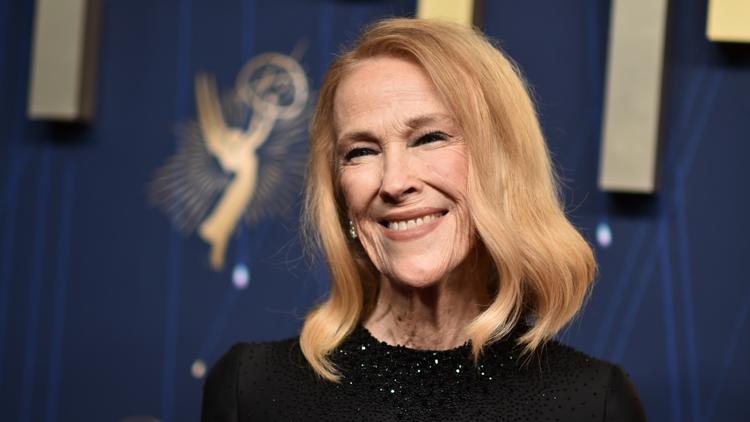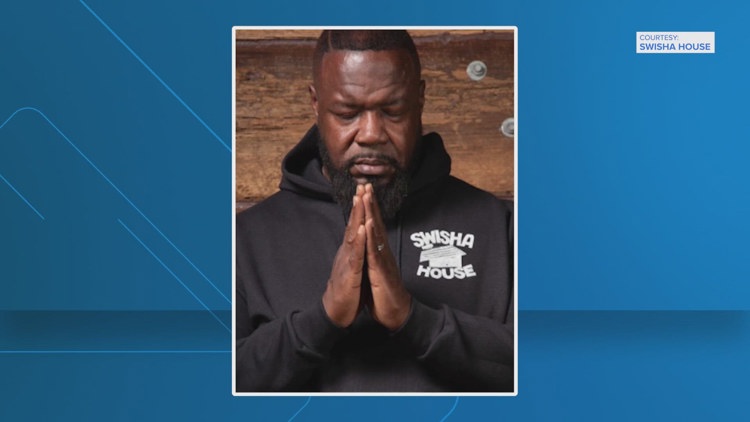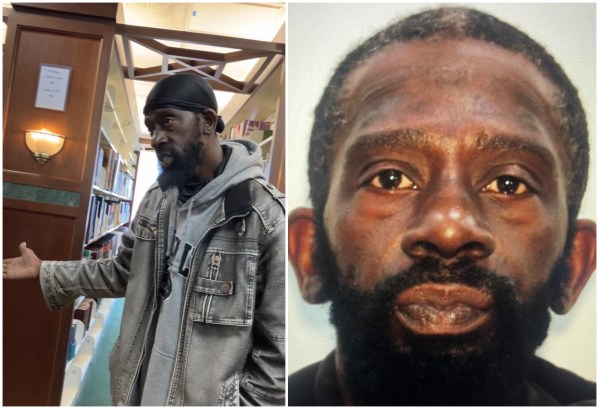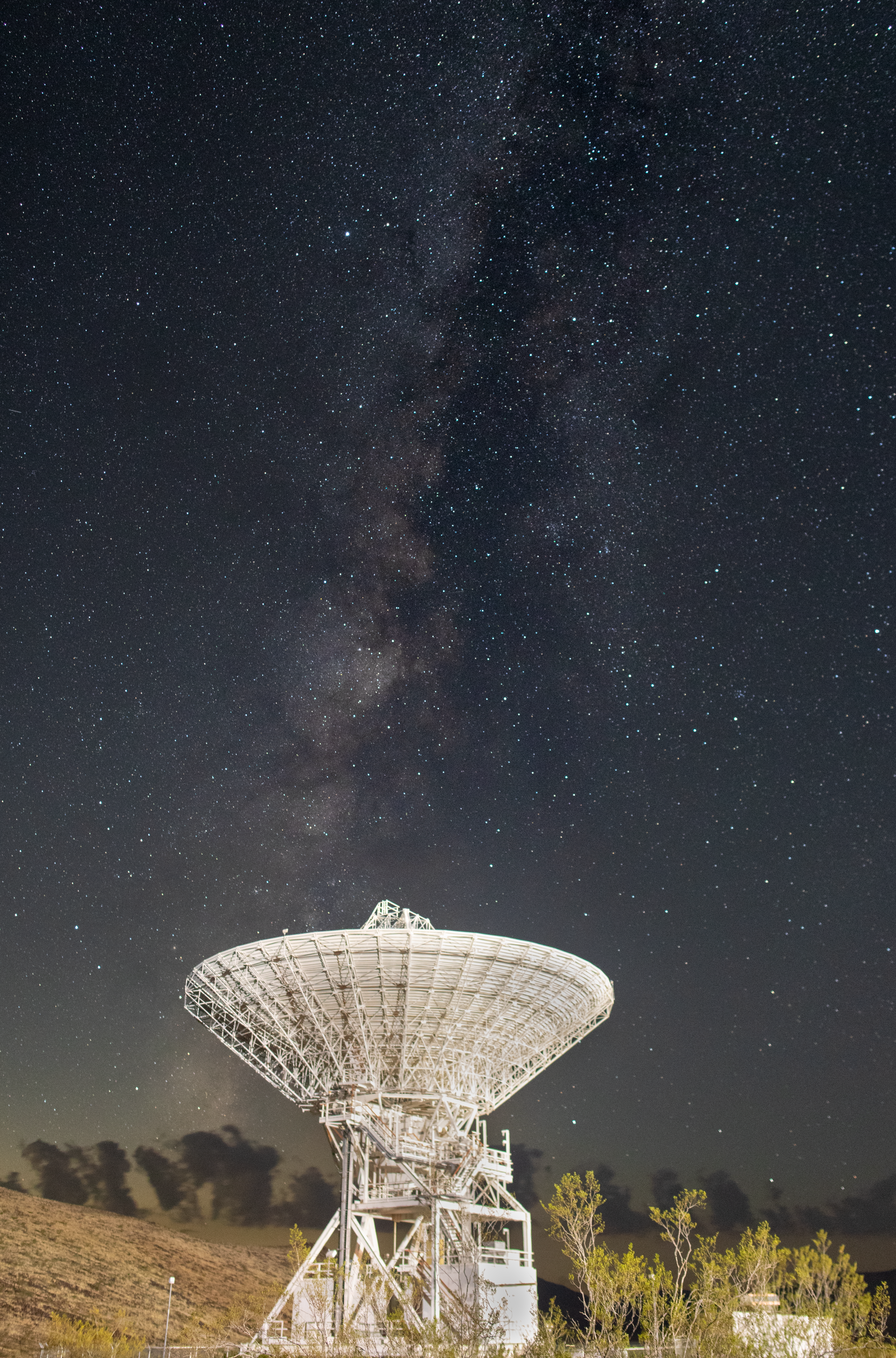‘The Phoenician Scheme’ and a goofy second chance
When Bjørn Lund (Michael Cera) jumps into a pit of quicksand to save Zsa-zsa Korda (Benicio del Toro) in “The Phoenician Scheme,” he’s not doing it because he really cares about Zsa-zsa. Who he really cares about is Liesl (Mia Threapleton), the business tycoon’s daughter, who is so desperate to separate herself from her ruthless, […] The post ‘The Phoenician Scheme’ and a goofy second chance appeared first on Rough Draft Atlanta.


When Bjørn Lund (Michael Cera) jumps into a pit of quicksand to save Zsa-zsa Korda (Benicio del Toro) in “The Phoenician Scheme,” he’s not doing it because he really cares about Zsa-zsa.
Who he really cares about is Liesl (Mia Threapleton), the business tycoon’s daughter, who is so desperate to separate herself from her ruthless, disgustingly rich father that she has become a nun. Alas, despite her best efforts, Liesl cares about Zsa-zsa, and when Bjørn pulls him from the quicksand, she’s relieved and clearly upset with herself at the scope of that feeling. As she stalks off, Bjørn asks Zsa-zsa if he’d like to learn more about quicksand. He looks longingly over at Liesl and says, “No. It’s too late.”
“The Phoenician Scheme” isn’t the first Wes Anderson film about broken men and broken families (“The Royal Tenenbaums” is all over this thing). It’s familiar territory for Anderson, but, as the old adage goes, if it ain’t broke, don’t fix it. And it definitely ain’t broke. Despite treading familiar territory, “The Phoenician Scheme” is both darker in its construction and sillier in its execution than Anderson’s more recent output. It’s a black comedy with a twinkle in its eye, a flighty, fantastical romp about the struggle for one man’s soul – is it really too late, or can this heartless mogul find his second chance?
“The Phoenician Scheme” begins with the latest in a long line of attempts on Zsa-zsa’s life, except this one – which blows out the side of his airplane – ends in a near death experience that sends Zsa-zsa to a black and white vision of heaven where he awaits trial for his misdeeds. Willem Dafoe is there. Bill Murray is God. It’s a whole thing.
Fortunately for Zsa-zsa, he doesn’t die. Instead, he wakes up and immediately contacts his estranged daughter Liesl and puts her in charge of his business affairs on a trial basis. Said trial heats up when, due to the actions of a cabal of shady Americans, Zsa-zsa and Liesl go on a globetrotting extravaganza trying to secure funding from Zsa-zsa’s business associates – including his bizarre, Rasputin-like brother (Benedict Cumberbatch), who might be responsible for the death of Liesl’s mother.
In typical Anderson fashion, “The Phoenician Scheme” is a feast for the eyes (and ears), with expert craftsmanship on display from everyone from production designer Adam Stockhausen to composer Alexandre Desplat. However, although it’s operating at the level and style we’ve become accustomed to from Anderson, “The Phoenician Scheme” is far goofier than you might expect from the jump. The attempt on Zsa-zsa’s life begins with a man blown in half and a disgruntled pilot threatening to report Zsa-zsa to the transportation authorities before Zsa-zsa unceremoniously ejects him from the careening aircraft. There’s a plethora of these types of sight gags in “The Phoenician Scheme,” whether they be violent or funny (or both). They lend an extra level of wackiness to the film, turning it into a slapstick comedy at times – and a very fun one at that.
But, as silly and dark as “The Phoenician Scheme” can be, it’s also a fairly sentimental portrait of a man learning how to care about something other than his wealth and assets – or, rather, learning to see his children as something more than just assets.
It’s no surprise that as soon as Zsa-zsa has his first vision of an afterlife – one where his grandmother doesn’t recognize him, and where his late wife tells him that his daughter is not his daughter – he immediately seeks to have a relationship with something more tangible than money. Del Toro’s performance bumps nicely up against Threapleton’s – he’s a shifty scoundrel unsure of how to handle his growing guilt and show her that he cares. She’s more of a blunt object, angered with herself whenever she lets a sliver of her own feeling for him shine through.
Sometimes, Anderson shows the audience Zsa-zsa’s growing guilt by putting us directly in his shoes. In one of the film’s best sequences, he confesses to Liesl that while he didn’t kill her mother, he may be directly responsible. The camera emulates Zsa-zsa’s point-of-view as Liesl slaps him multiple times, careening his head to stare directly at one of his investors, Marty (Jeffrey Wright). Marty looks increasingly disappointed in Zsa-zsa every time his head is pushed that way – and what could be worse than facing the disappointment of Jeffrey Wright?
But, this moment is quickly followed by the quicksand, a moment where Liesl can’t help but care. As this push and pull between them continues, as the similarities and differences between father and daughter begin to blur into the complicated relationship that characterizes all parents and children, their definitions of happiness and success begin to shift. Zsa-zsa has always lived by the motto, “if something gets in your way, flatten it.” But when you’re confronted with your own mistakes, flattening is the easy answer. Change is harder.
The post ‘The Phoenician Scheme’ and a goofy second chance appeared first on Rough Draft Atlanta.
What's Your Reaction?


























































